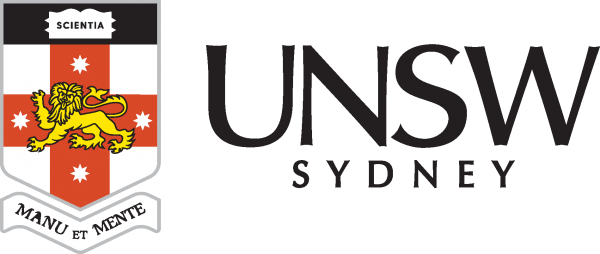University Of New South Wales: UNSW student wins international thesis competition
UNSW Sydney PhD candidate Merryn Baker has won the prestigious Universitas 21 (U21) Three Minute Thesis (3MT) competition, with her talk on developing a new, non-invasive way of diagnosing lung disease through breath analysis.
UNSW is a member of Universitas 21, a group of universities from around the globe aiming to exchange knowledge internationally. Its 3MT competition challenges doctoral students to explain their complex thesis on video in just three minutes or less to a non-specialist audience. At least 20 member universities competed globally this year.
Ms Baker, from the School of Chemistry at UNSW Science, was awarded the top prize of $US2500 ($3845) as Overall Winner on Wednesday.
“I’m thrilled and honoured to have received first prize,” she said. “The competition had such strong entrants with engaging and impactful research so it’s definitely a surprise, but a very pleasant one. Condensing complex research into a bite-sized packet is challenging, but also extremely rewarding and helpful in clarifying the impact and purpose of my research. Coming out with the win was an added bonus.”
Ms Baker said research translation and science communication are just as important as working on fundamental science.
“As renowned chemist George Whitesides said, ‘interesting and unpublished’ is equivalent to ‘non-existent’, and I think the same can be said about science communication. A lot of research is publicly funded and can hopefully directly impact the public, so being able to communicate our research to the public effectively should be something all researchers prioritise. Building awareness of current research and researchers helps to build trust between scientists and the public,” she said.
Professor Jonathan Morris, UNSW’s Pro Vice-Chancellor Research Training & Entrepreneurship and Dean of Graduate Research said, “Our PhD candidates are engaged in world class research, and it’s great to see Merryn recognised for her ability to communicate and show passion for her exciting work.
“Being able to communicate research to a broad audience is an important skill to have, and this competition is a great way for candidates to gain both exposure for their research and experience in talking about their thesis,” he said.
The judging panel of academics in the 3MT Competition were especially impressed by the quality and real-world impact of this year’s winners.
Dr Verity Elston, from the Université de Lausanne, said: “I’m always impressed with anyone who dives into the pool of rendering the expertise they’ve worked so hard to develop into words that make sense for the rest of us and help build the links between science and society. The entries I had the pleasure to evaluate were built on that commitment, courage and talent. I hope everyone who made the dive has come out of the waters with fresh understanding of, and confidence in, the importance of what they do.”

